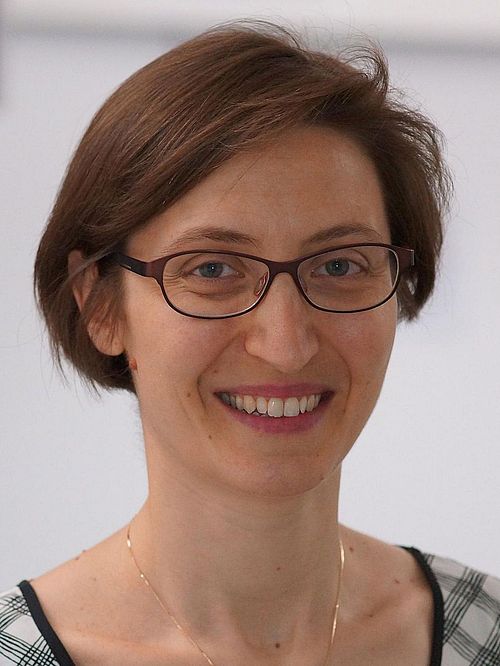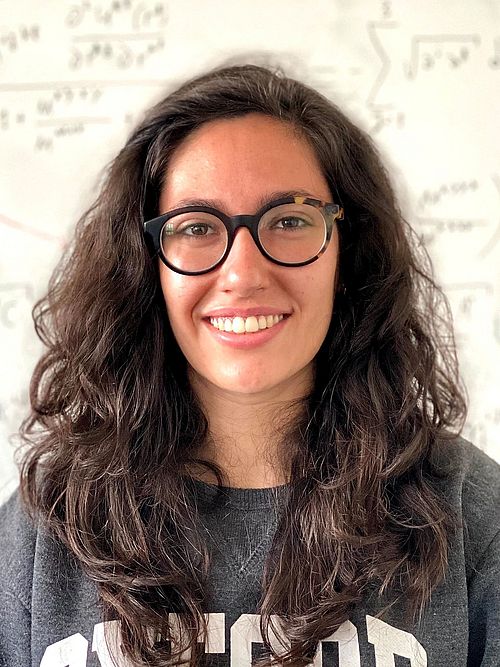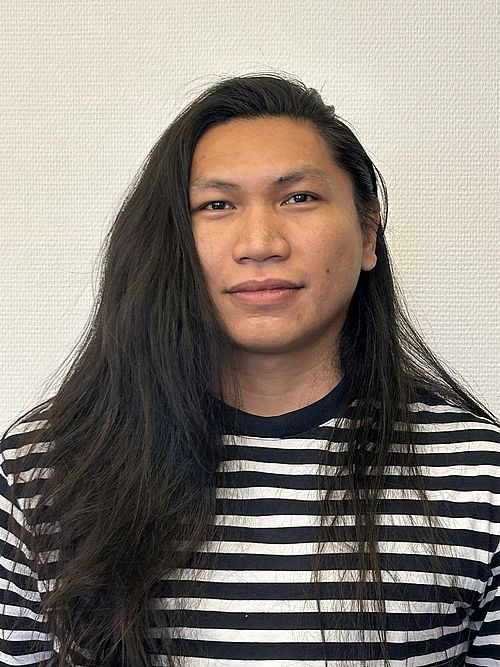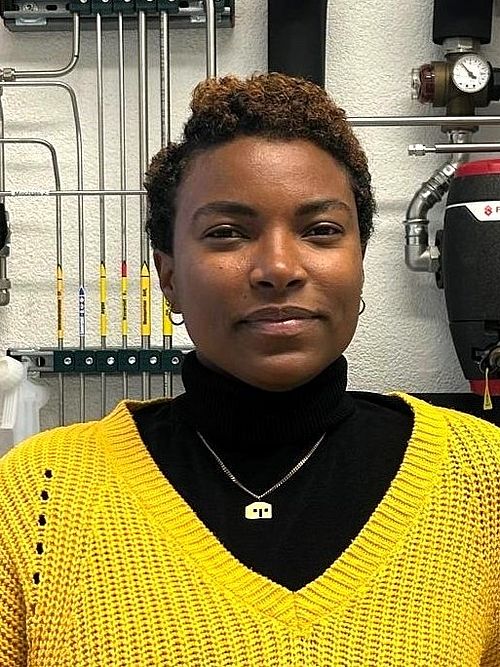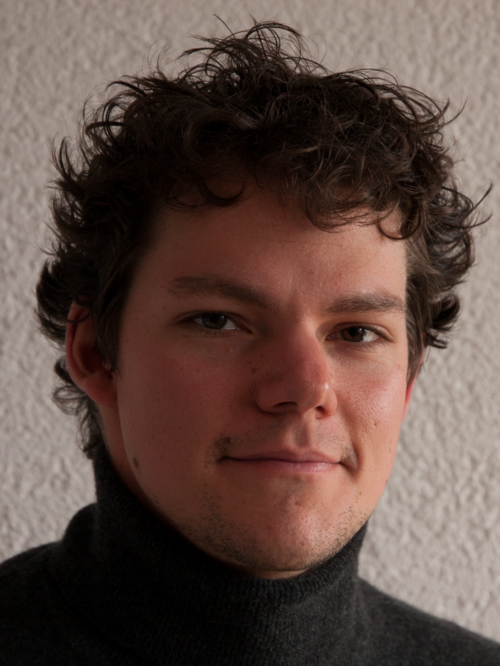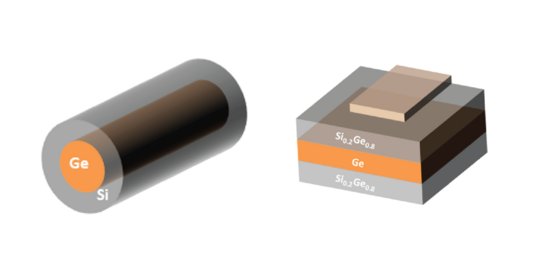
NCCR SPINGe-Si Heterostructure Growth

Ultra-clean germanium/silicon (Ge/Si) heterostructures in nanowires and quantum wells have been predicted and proven to host highly stable, controllable and accessible hole spin qubits with a large scalability potential, opening the door towards the development of realistic and reliable solid state, all-electric quantum computers.
In this project, we develop and optimize two types of Ge/Si heterostructures with optimized properties for qubit fabrication:
- Ge/Si Core/Shell NWs
Ge/Si CS NWs exhibit superior mobilities and quantum effects due to intrinsic hole confinement in two dimensions (three with in-built hard barriers) and large Ge vs. Si valence band offset. However, their up-scaling is challenging due to the intricacies of the so-called bottom-up, Vapor Liquid Solid (VLS) mechanism employed for their growth - Ge/Ge1-xSix QW-Device Stacks
Despite offering natural confinement in one – rather than two – dimensions Ge/Si1-xGex QWs constitute a highly scalable approach for hole spin qubit fabrication, due to the planar growth strategy, which is well established in micro-fabrication industry
The method we employ is Chemical Vapor Deposition (CVD), a thin film deposition technique that allows to obtain high quality epitaxial growth by thermal and/or plasma-induced decomposition of Si and Ge gas precursors onto crystalline substrates.
Publications
Team Members
Former Team Members
Funding

This work is supported as a part of NCCR SPIN, a National Centre of Competence (or Excellence) in Research, funded by the Swiss National Science Foundation (grant number 51NF40-180604).

